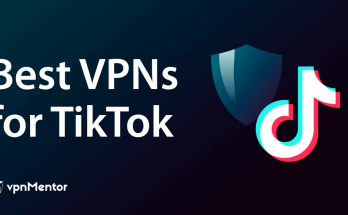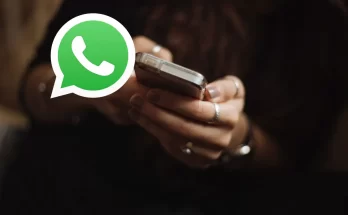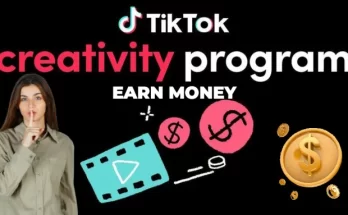
How to Make Money by Watching Ads
Unlocking Earnings: How to Make Money by Watching Ads In today’s digital age, making money online has become increasingly accessible, with a myriad of opportunities available for those willing to …
How to Make Money by Watching Ads Read More



